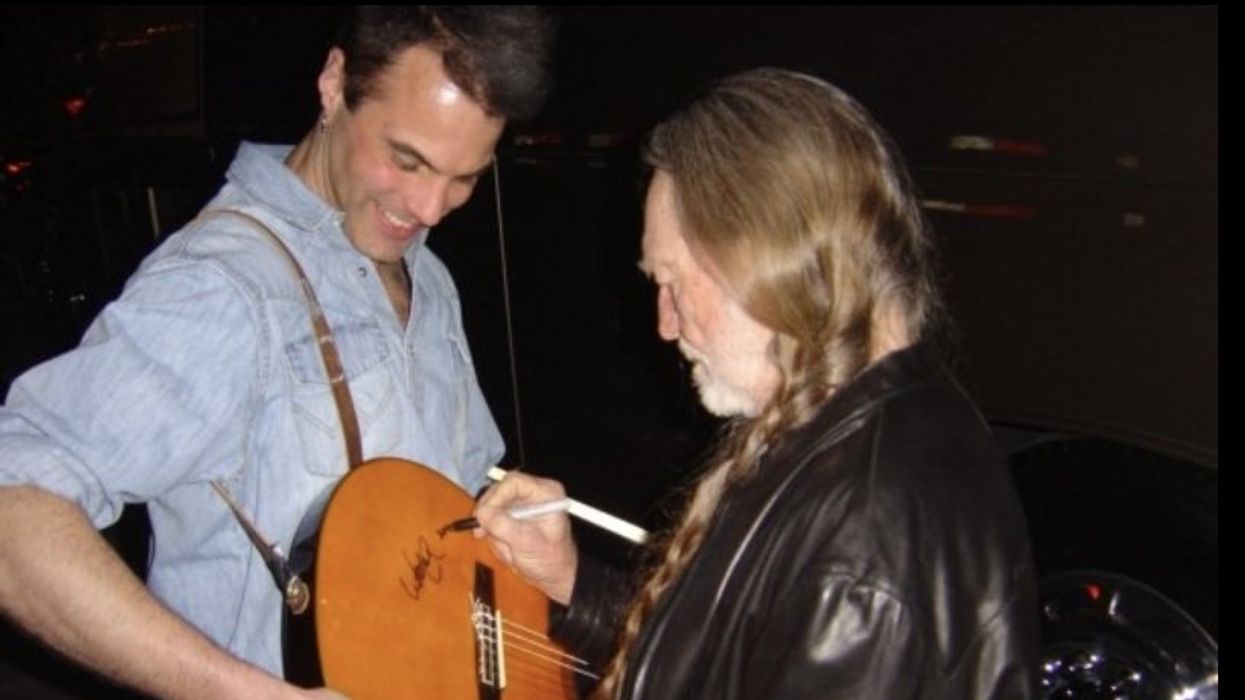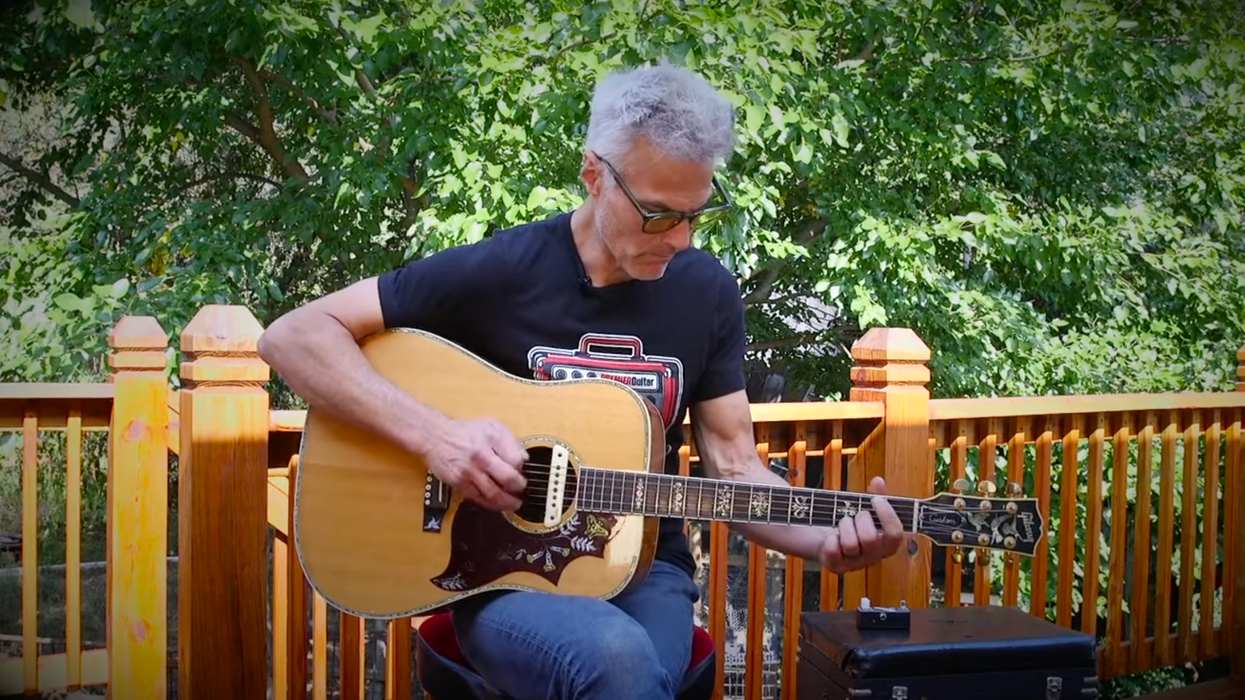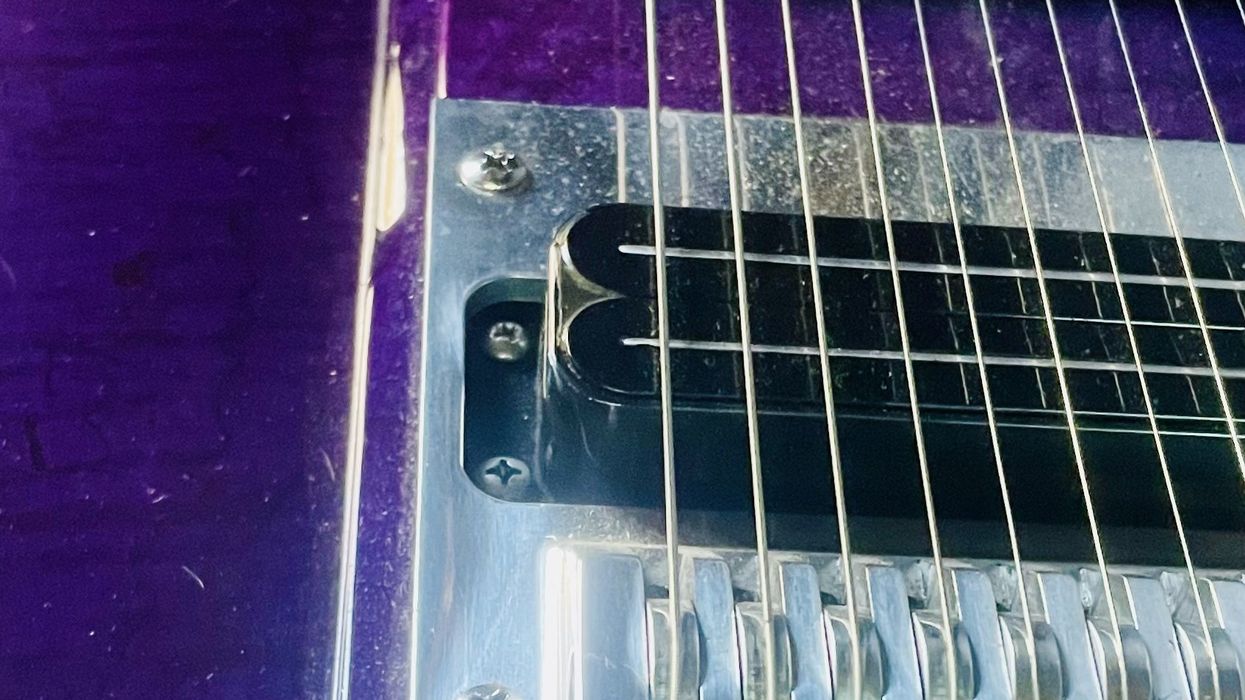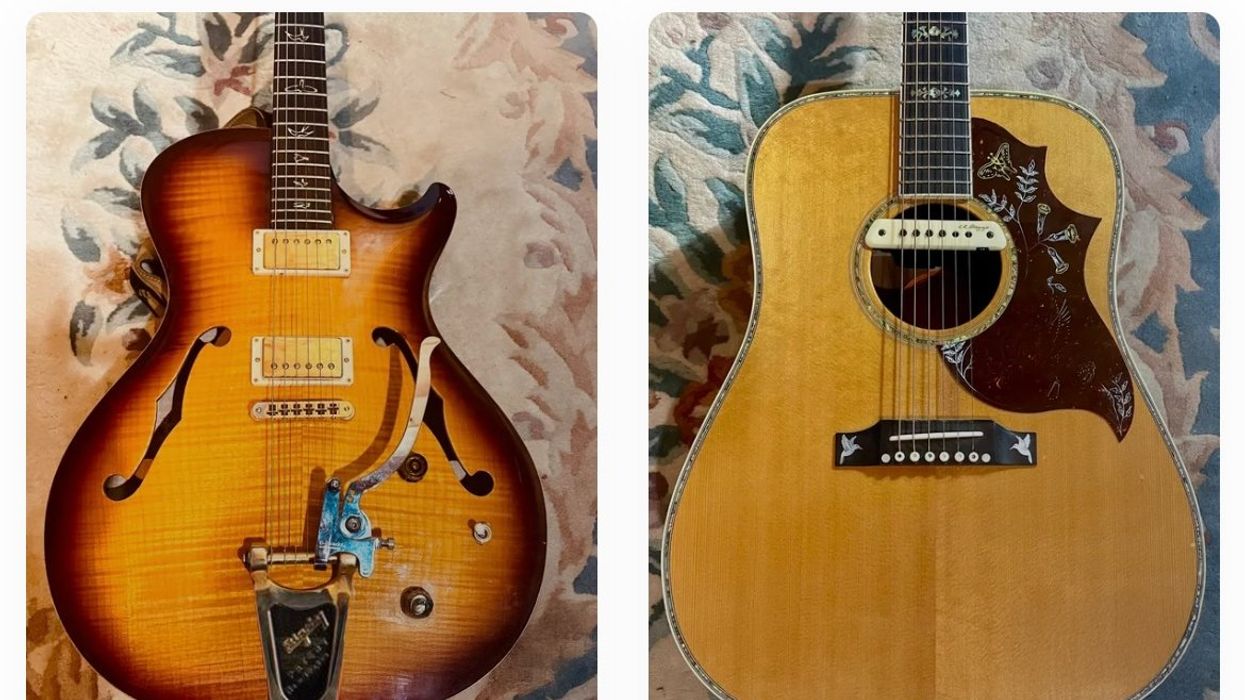About three and a half years ago, Graham Nancarrow and I met on a club date in Nashville. We quickly fell in music-love, wrote a bunch of songs, and recorded an album together in 6 days with a few friends laying down bass and drums.
Graham had a headlining gig at Belly Up Tavern in San Diego in early September, and asked me to join him on pedal steel. Monetarily, the gig did not make sense, but love is love, so I cleared my schedule, rounded up a babysitter, and bought a ticket for the wife in an attempt to shoehorn a needed couples vacay into a gig in a beautiful location with beachside accommodations.
The day of the show, I joined Graham surfing. I had never surfed before, and I still haven’t. I just got beat around by waves that pushed plenty of the Pacific into my ears.
“Sometimes, I fear I push my plugs too deep—maybe that did it? The ocean waves didn’t help. The pharmacy ear-cleaning thing definitely did not help. Rock ’n’ roll is a contact sport. You take some hits.”
When we went to soundcheck, my hearing was at about 60 percent, so I walked to a pharmacy to find a miracle remedy. I spent $40 on a kit that douched out my ears and took my hearing down to about 20 percent. My hearing was so bad at soundcheck that I couldn’t tell if my backline amp was blown or I was just hearing it wrong. (It was blown.) I was nauseous and had vertigo and a raging headache. The last time I felt this bad was 30 years ago when I had the misfortune of getting in an altercation with a guy who tested out some karate moves on me. (I don’t recommend it.) He hit me on both ears simultaneously with two open palms and I dropped immediately. Soundcheck felt similar.
Afterwards, my new bandmate Tommy dropped me at an urgent care where the doctor told me I had a ruptured eardrum and a double infection. The diagnosis terrified me; I felt tears welling up as I pondered my new semi-deafness. The doctor quickly put me at ease, assuring me that most ruptured eardrums heal completely. He scripted me some ear drops and pills, and told me to avoid loud sounds and stay out of the ocean. He said I could play the gig that night with earplugs but to take off two to six weeks, get a follow-up appointment, and my ear should be fine.
To define our terms: A ruptured eardrum is a tear in the thin membrane that separates the outer ear from the inner ear. The eardrum can rupture when pressure increases, like from a very loud noise near the ear, or a rapid change in ear pressure, such as when flying, scuba diving, or driving in the mountains. A ruptured eardrum can result in hearing loss and make the middle ear vulnerable to infections. Small holes can heal in three to six weeks, but bigger ones can take many months to heal. Sometimes surgery is needed to repair the eardrum.
I’m not really sure how I ruptured my eardrum. I’m around loud music too often, and as little as 70 dB (the volume of a washing machine) over a prolonged period of time may damage your hearing. Loud noise above 120 dB (a siren) can cause immediate harm to your ears.
I wear earplugs often. That helps protect your ears while simultaneously forcing wax deep into your ears, which eventually will need to be removed, but you put yourself in danger of puncturing your eardrum while attempting to do so. Despite normally using earplugs at loud gigs, I do take the occasional unprotected hit when a rehearsal, session, or gig goes from a safe volume to a punishing roar. Sometimes, I fear I push my plugs too deep—maybe that did it? The ocean waves didn’t help. The pharmacy ear-cleaning thing definitely did not help. Rock ’n’ roll is a contact sport. You take some hits.
As I write this, it’s 15 days later, and I’m doing everything that ear-health experts suggest:
Keep your ears dry. (I’ve been so paranoid, I went for a week without showering. My apologies to my family.)
Avoid cleaning your ears.
Don’t blow your nose hard.
I’ve been evaluating my regular live gigs, determining which are too loud and seeking safer environments.
My right ear still feels a bit plugged, and I still have headaches and some vertigo. That said, I’m confident I’ll recover, perhaps with some more battle scars, but functioning fine. What is happening to us, is happening for us. Sometimes, God, the Universe, your higher self, tells you to pump the brakes, reassess, find a balance and take some time to let ourselves heal. Sometimes we listen.
Supported by Keeley, Scan the code or visit robertkeeley.com/lastcall for a special offer!
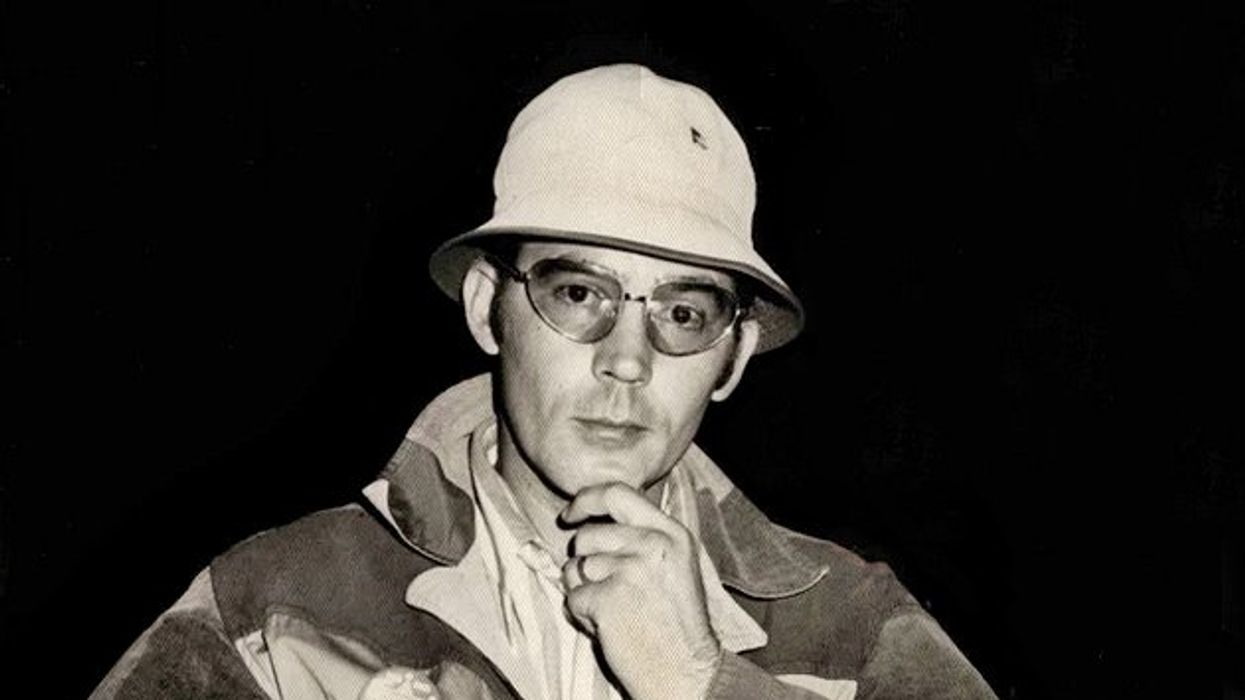

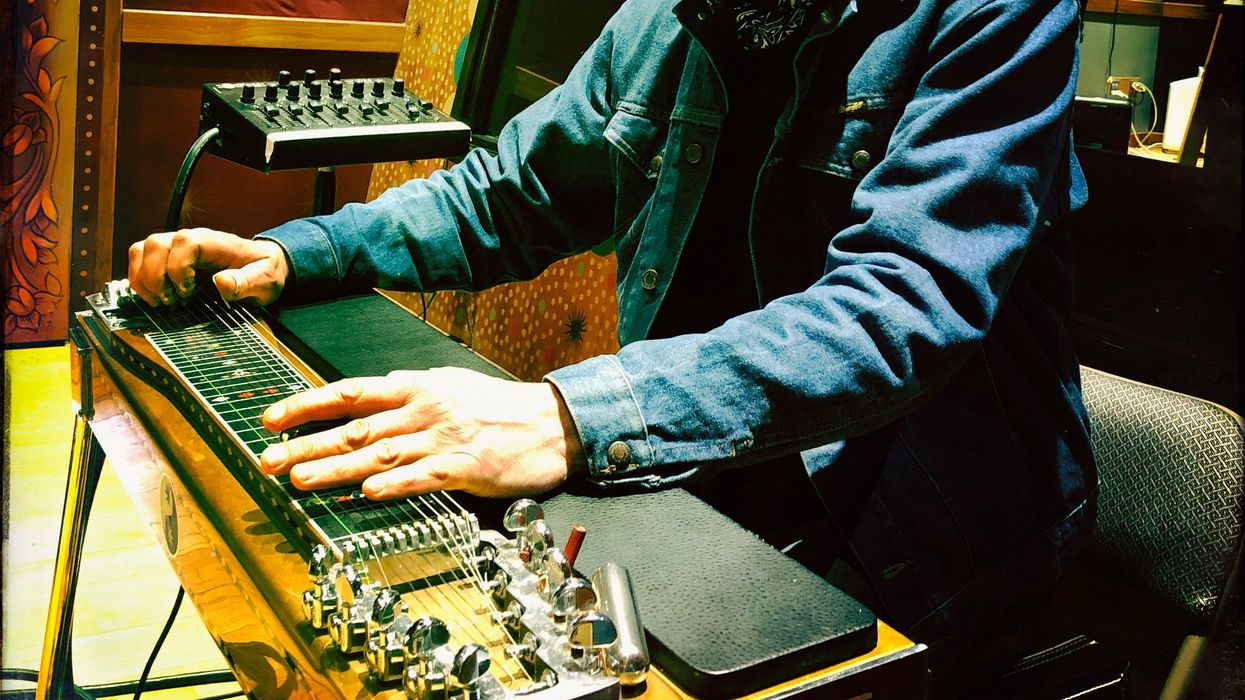
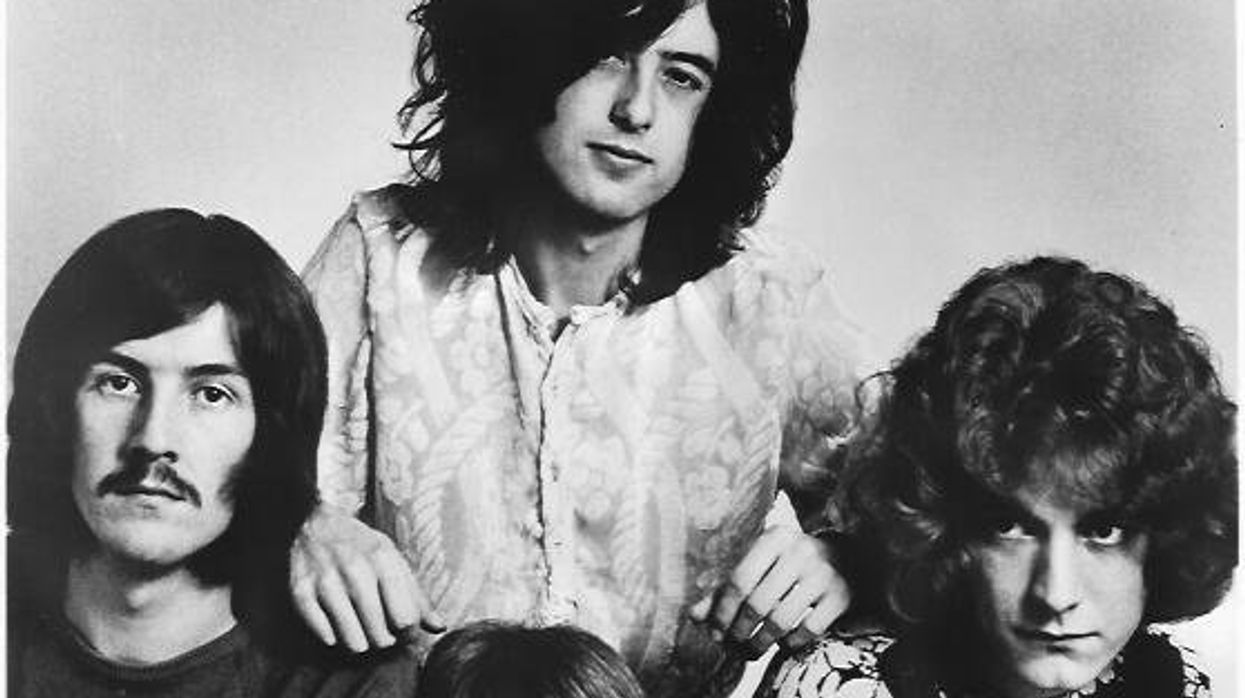

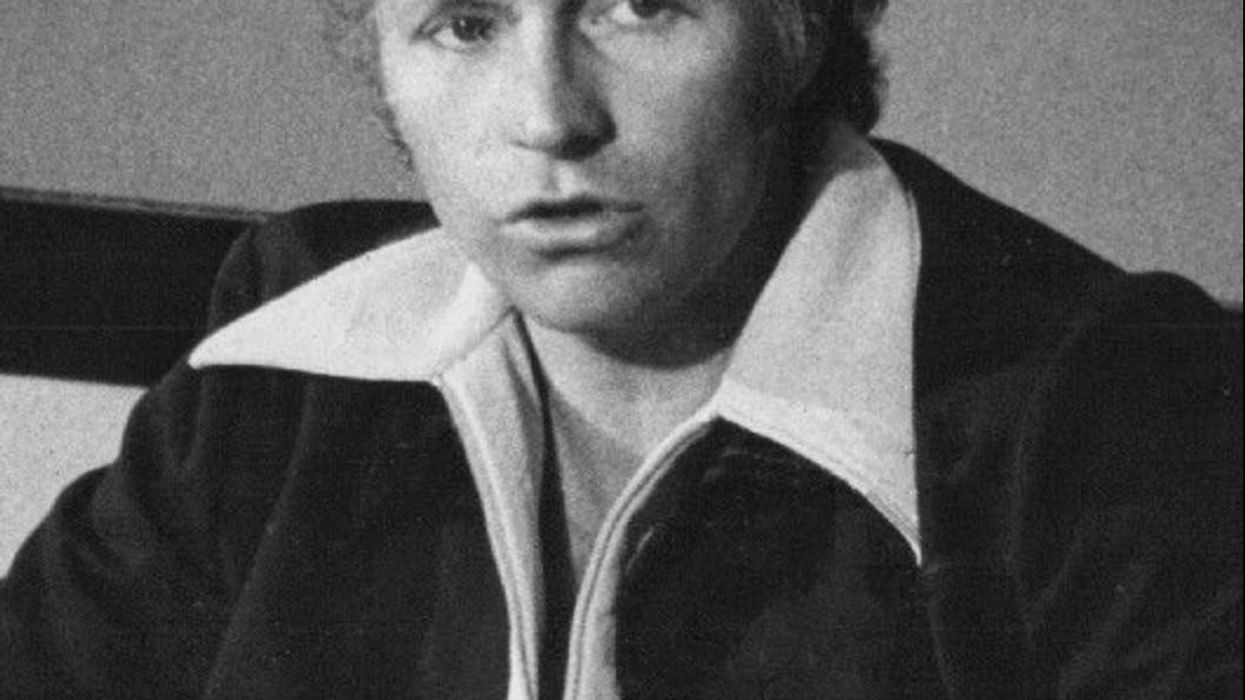

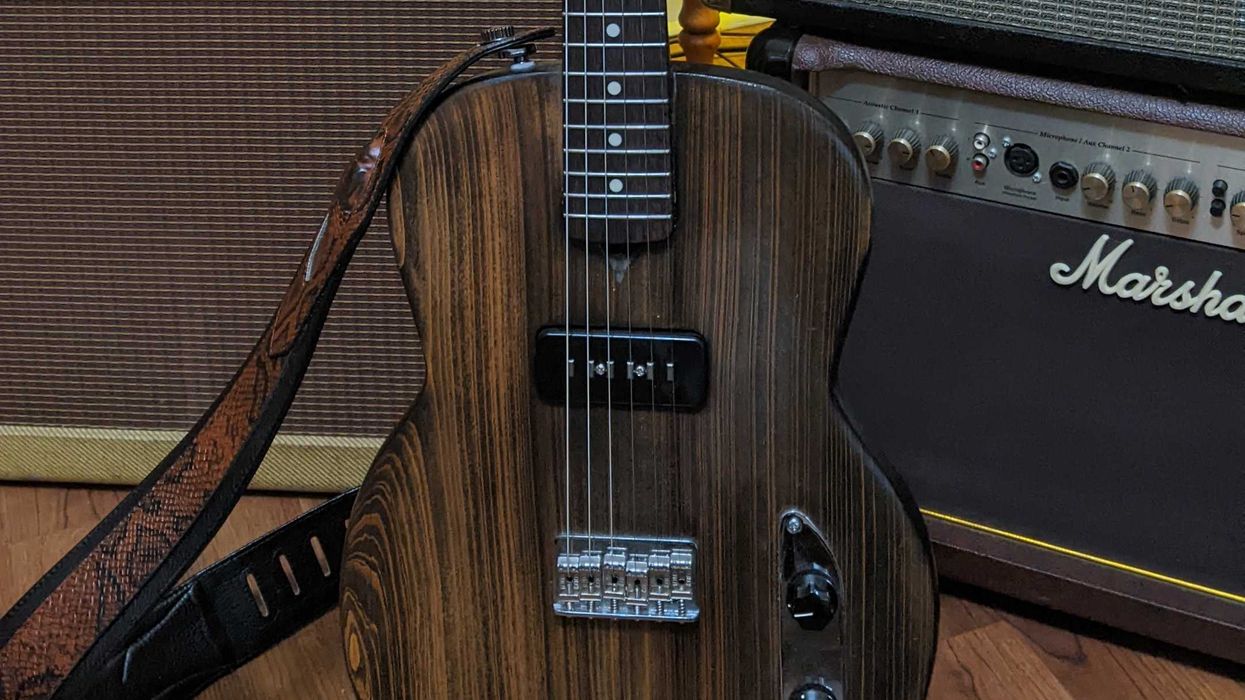
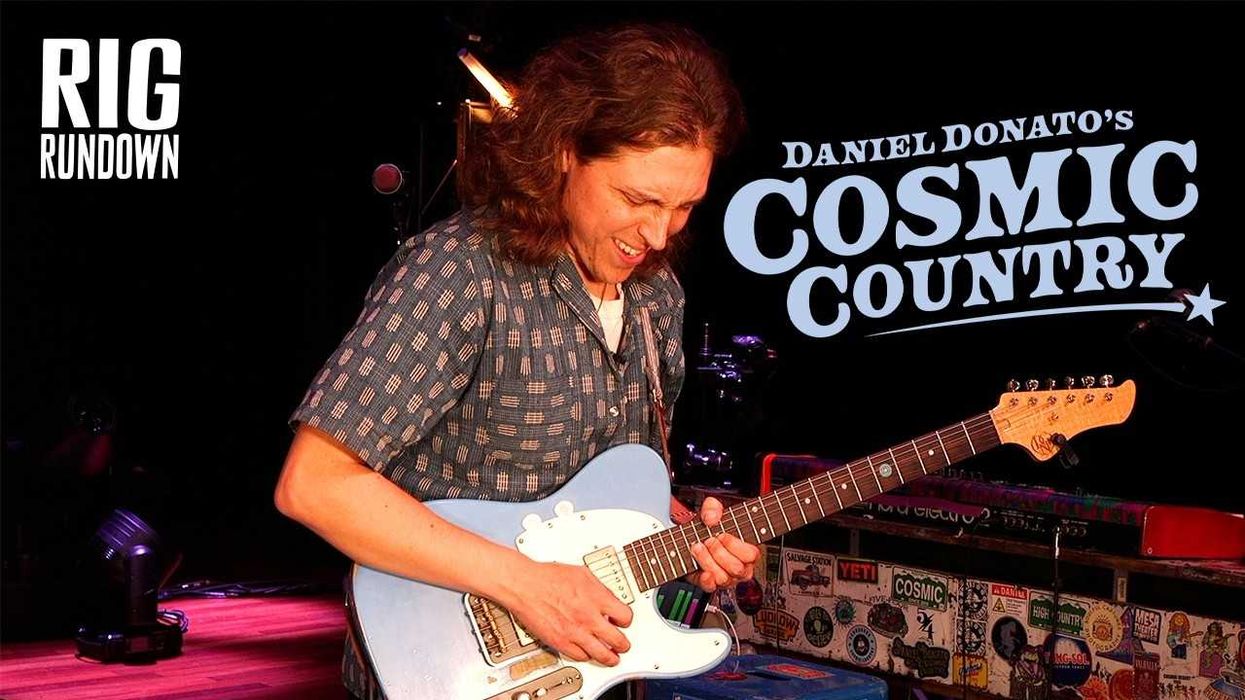
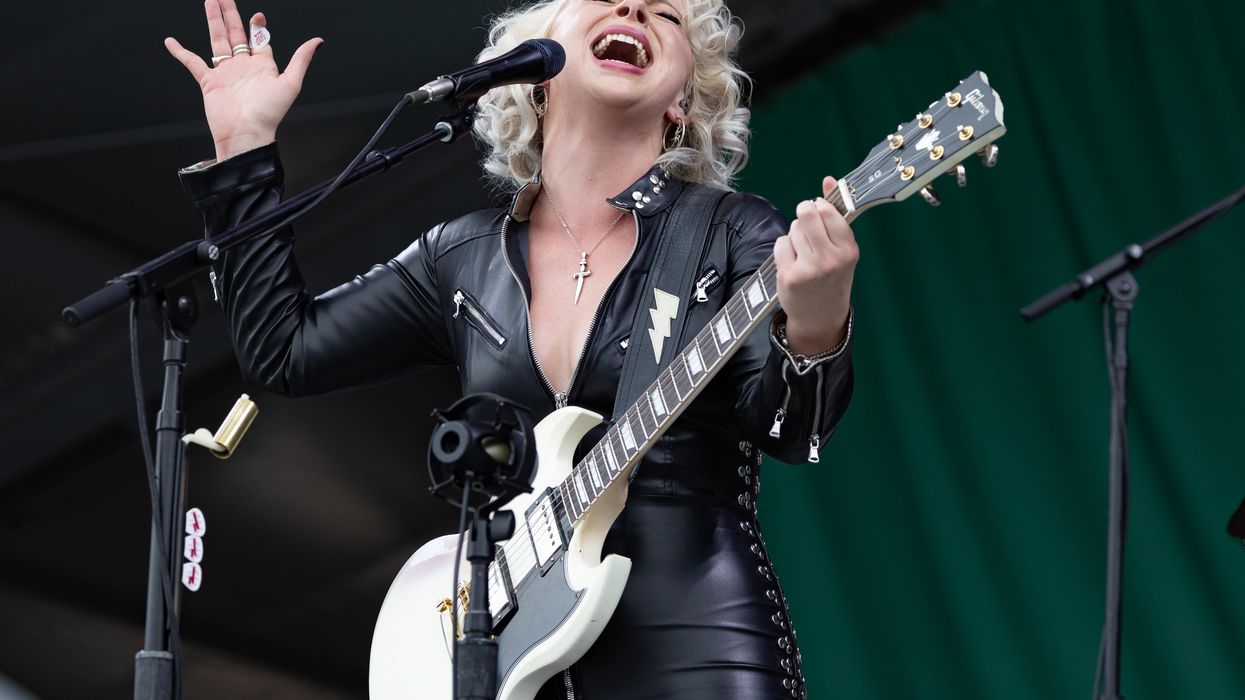

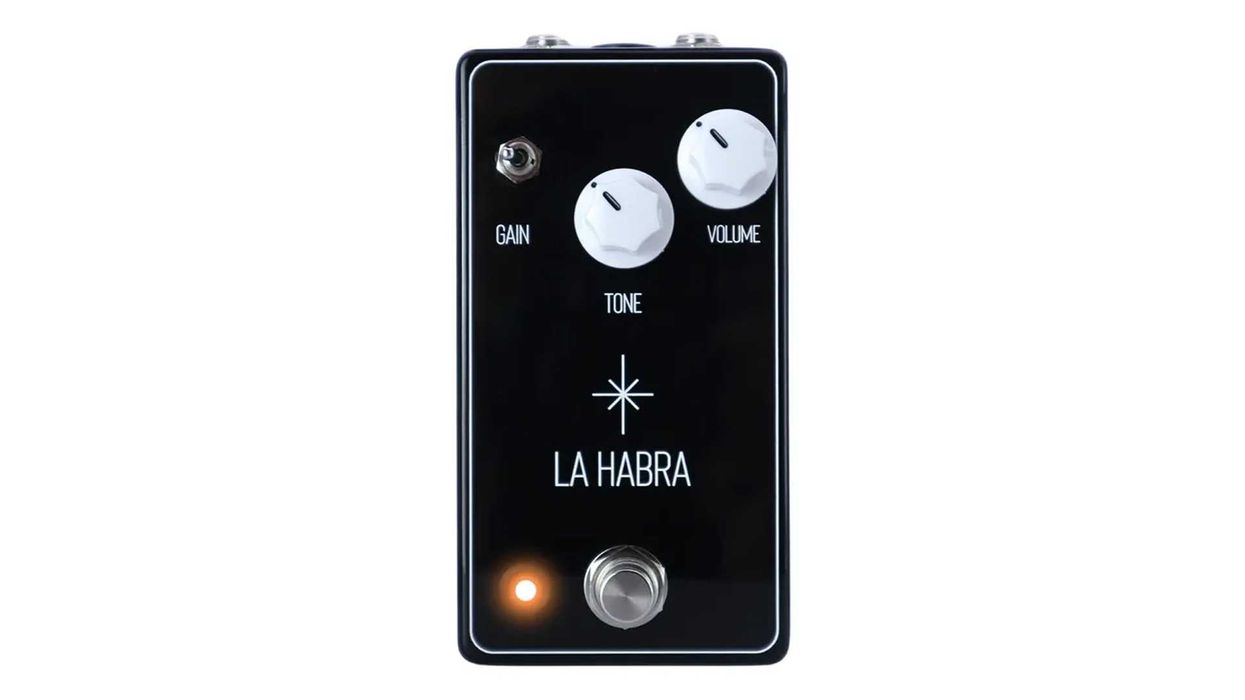
![Devon Eisenbarger [Katy Perry] Rig Rundown](https://www.premierguitar.com/media-library/youtube.jpg?id=61774583&width=1245&height=700&quality=70&coordinates=0%2C0%2C0%2C0)
